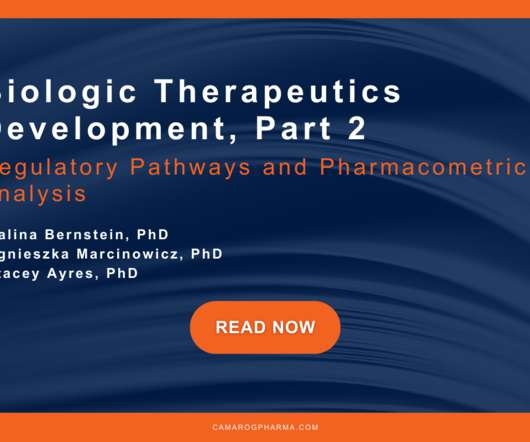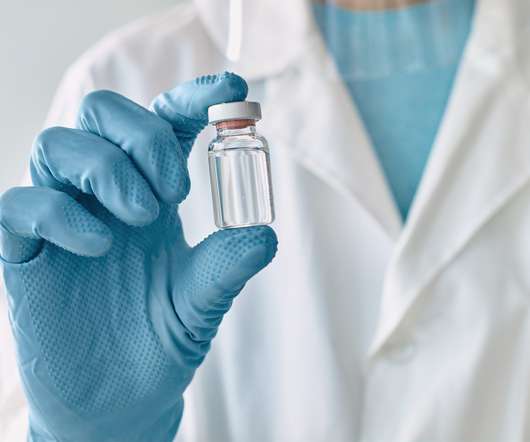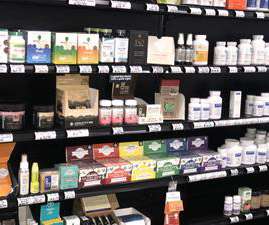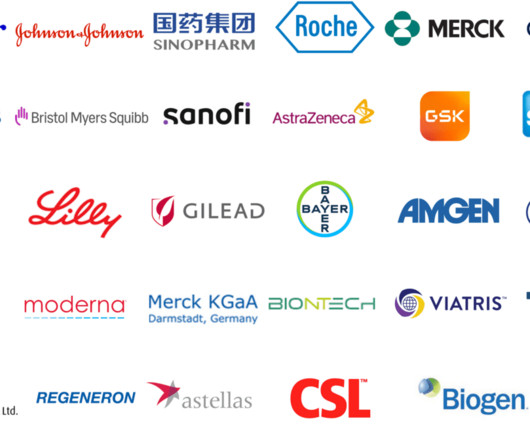Is License Compulsory For Starting Pharmaceutical Business In India?
Fossil Remedies
OCTOBER 16, 2022
The next important consideration is a proper distribution channel from the manufacturer to end customers. In a pharma business, you have a distribution network like a pharma manufacturing company, pharma marketing company, C&F agents, wholesalers/distributors/stockiest, retailers, and pharmacies. Wholesale Drug License.


























Let's personalize your content